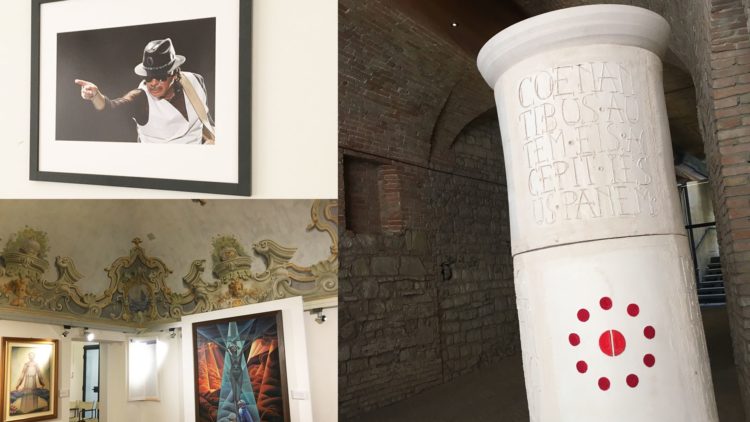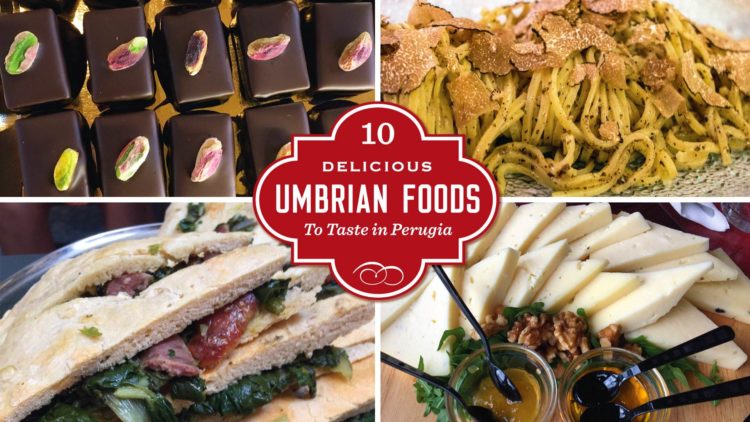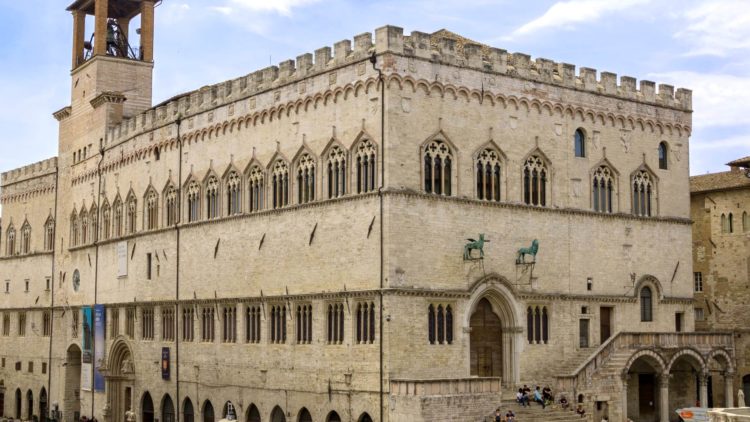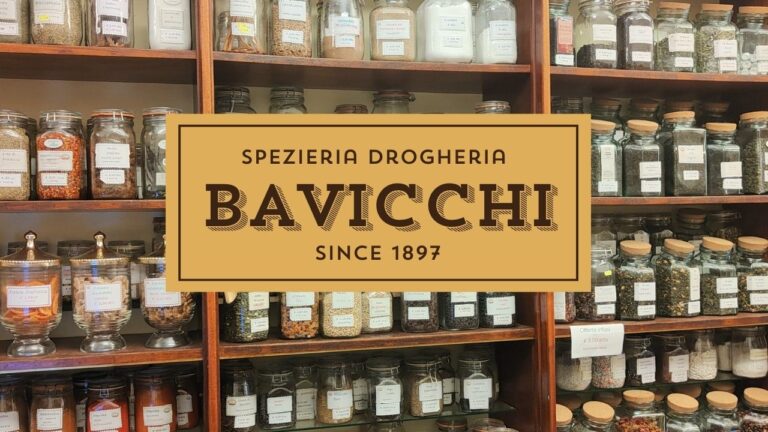Palazzo della Penna: One of Perugia’s Hidden Museums

The Civic Museum at Palazzo della Penna in Perugia (Museo Civico Palazzo della Penna) is worth a visit not only for its permanent collections but to check in from time to time on the changing menu of events and exhibitions hosted here in both the galleries of the museum and the Palazzo’s organic café. For example, on a recent visit the museum was hosting “l’Immagine del Suono,” a collection of thirty plus years of photography documenting Umbria Jazz. The images depicted lesser known and world-renowned musicians, street performers and thousands of concert-goers—bringing to life the incredible breadth of talent this festival has attracted over the decades, not to mention the changing scenery and fashions of Perugia from buffalo sandals and bell bottoms to skinny jeans and stilettos.
This civic museum is situated within the former 17th Century residence of Ascanio della Penna (1607-1664), a nobleman who cultivated a passion for collecting fine art while in the service of the Grand Duke of Tuscany. The building, only steps away from the Rocca Paolina, was constructed on the ruins of a Roman amphitheater and an ancient Roman road. It incorporates into its foundation part of the medieval city walls, which can be seen in the hallways of the lower gallery.
Some of the gallery rooms contain frescoed ceilings painted by the Umbrian artist Antonio Castelletti depicting the mythological story of Paris of Troy (of Trojan War fame). A landscape room (Sala dei Paesaggi) could aptly be renamed “Trompe l’oeil a Go-Go” for the murals of the Umbrian countryside adorning every wall and the coffered, intricately painted ceiling that finishes the elaborate décor.
The museum’s permanent collections include works by the futurist painter Gerardo Dottori who spent most of his life in Perugia, save for his student days in Milan and a brief stint in Rome from 1926 to 1939. A signer of the “Futurist Manifesto of Aeropainting,” Dottori’s works contain many representations of Umbrian landscapes and other subjects painted from high above. A fan of the mysticism of Saint Francis, he also dabbled in religious art, some of which is on display in another frescoed gallery of Palazzo della Penna.
The Galleries on the lower floor are dedicated primarily to memorializing—in photos and multimedia, a meeting entitled “Beuys Burri” that took place in the Rocca Paolina in 1980 during which these two well-known modern artists, Joseph Beuys of Germany and Alberto Burri from Città di Castello shared with the public their contrasting methods of artistic expression.
Another reason to stop by and check the schedule is the museum’s BIOO (Organic) Café. Serving coffee, tea and pastries, still and sparkling wines and a selection of gourmet sandwiches, cheeses and cured, sliced meats, the café also hosts periodic events including themed dinners, book signings, lectures and concerts which are staged either inside the café’s expansive rooms or in the open air courtyard at the front entrance of the museum.
Go to “Civic Museum at Palazzo della Penna – Opening Times & Other Info”
Read our blog posts

10 Delicious Umbrian Foods to Taste in Perugia
Thanks to Perugina and its world-famous Baci, the city of Perugia is known for chocolates. But there’s so much more…

Palazzo dei Priori Perugia: Vices, Virtues and Mythical Beasts
In the showcase of architectural gems that grace the city of Perugia, Palazzo dei Priori, seat of the free commune…

Antica Spezieria Bavicchi: Stepping Back in Time at Perugia’s Oldest Spice Shop
Nestled among the ancient facades of Perugia’s historic center, the Antica Spezieria e Drogheria Bavicchi is a spice shop and…